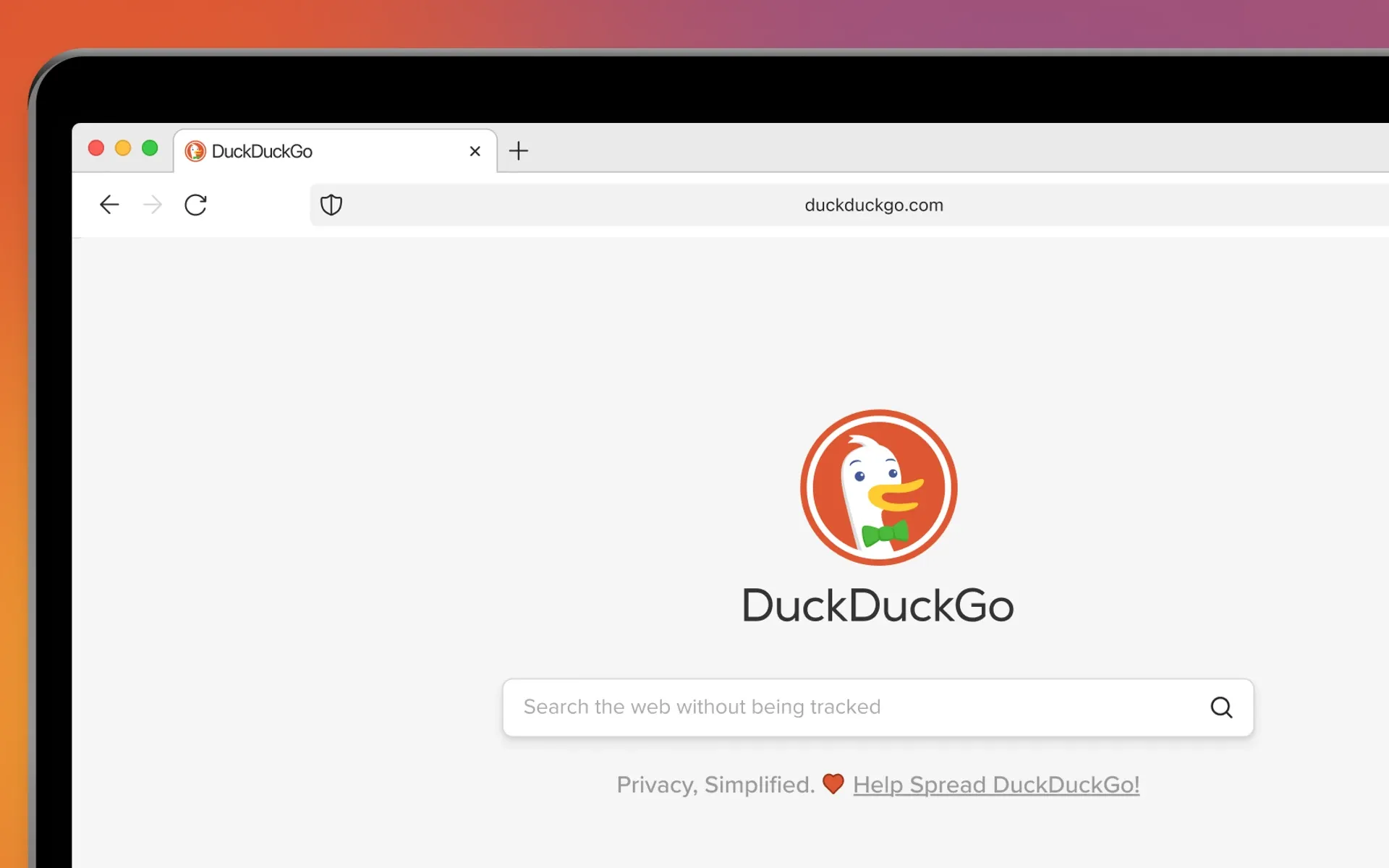Indonesia blocks DuckDuckGo
Indonesia bans privacy-focused search engine DuckDuckGo and considers blocking free VPNs to combat online gambling and pornography.

On August 2, 2024, the Indonesian government announced a ban on the privacy-oriented search engine DuckDuckGo, citing concerns over access to online gambling and pornographic content. This decision, made just three days ago, marks a significant escalation in Indonesia's ongoing efforts to regulate internet content and restrict access to materials deemed illegal or obscene in the world's largest Muslim-majority nation.
According to Reuters, Usman Kansong, an official from Indonesia's communications ministry, stated that DuckDuckGo had been blocked "because of the many complaints made to us about the rampant online gambling and pornography content in its search results." This move aligns with Indonesia's strict regulations prohibiting the sharing of content considered obscene online, which have previously led to the banning of popular platforms such as Reddit and Vimeo.
The ban on DuckDuckGo in Indonesia is particularly significant given the search engine's popularity in the country. According to data from Cloudflare's 1.1.1.1 DNS service, Indonesia ranks as the second-largest market for DuckDuckGo, accounting for 7.2% of its global traffic. This places Indonesia behind only the United States, which contributes 40.8% of DuckDuckGo's users, and ahead of major European markets such as Germany (6.8%) and France (5.6%). The high usage of DuckDuckGo in Indonesia suggests that the ban will impact a substantial number of users who have chosen this privacy-focused alternative to mainstream search engines.
The ban on DuckDuckGo, a search engine known for its emphasis on user privacy, raises concerns about digital privacy and internet freedom in Indonesia. DuckDuckGo, based in Pennsylvania, USA, offers a range of products designed to protect users' online privacy. The company's search engine has been praised by privacy advocates for its policy of not tracking users or personalizing search results based on user data.
Indonesia's decision to target DuckDuckGo specifically, while leaving other major search engines operational, has sparked questions about the effectiveness and consistency of the country's content regulation efforts. The communications ministry did not provide details on how DuckDuckGo's search results differ from those of other search engines, such as Google, in terms of access to gambling and pornographic content.
The ban on DuckDuckGo is part of a broader crackdown on online gambling in Indonesia. Despite being illegal, government data reveals that approximately 3 million Indonesians engaged in online gambling last year, spending an estimated $20 billion, equivalent to about 1.5% of the country's gross domestic product. These figures underscore the scale of the challenge faced by Indonesian authorities in enforcing online content regulations.
In a concerning development for privacy advocates and internet users in Indonesia, local reports suggest that the government is also considering blocking access to free Virtual Private Network (VPN) services. VPNs are tools that encrypt internet connections and allow users to mask their true IP address, effectively bypassing geographical restrictions on content. If implemented, this ban on free VPNs would further restrict Indonesian internet users' ability to access blocked content and protect their online privacy.
The potential ban on free VPNs raises significant concerns about internet freedom and digital rights in Indonesia. VPNs serve multiple legitimate purposes beyond accessing restricted content, including protecting user privacy on public Wi-Fi networks and securing sensitive business communications. A blanket ban on these tools could have far-reaching consequences for individual privacy and business operations in the country.
Indonesia's approach to internet regulation reflects the complex balance many countries are trying to strike between protecting citizens from harmful online content and preserving digital rights and freedoms. The country's large Muslim population and conservative social norms have led to stricter content regulations compared to many Western nations. However, critics argue that broad bans on privacy tools like DuckDuckGo and VPNs may be disproportionate measures that infringe on citizens' rights to privacy and free access to information.
The technical implementation of such bans also presents challenges. While blocking access to specific websites or services is relatively straightforward for Internet Service Providers (ISPs), preventing the use of VPNs is more complex. Many VPN providers constantly update their systems to circumvent blocks, leading to a cat-and-mouse game between regulators and privacy tool developers.
For travelers and expatriates in Indonesia, these restrictions could pose significant inconveniences. Many rely on VPNs to access content from their home countries or to maintain secure connections for work purposes. The ban on DuckDuckGo and potential restrictions on VPNs may force these users to seek alternative, potentially less secure methods of accessing information and protecting their online activities.
The international community and digital rights organizations are closely watching Indonesia's actions, as they may set precedents for other countries considering similar measures. The balance between national security, content regulation, and individual privacy rights remains a contentious issue globally, with different nations adopting varying approaches.
As the situation continues to evolve, it remains to be seen how effectively Indonesia can implement and enforce these restrictions, and what impact they will have on internet usage, privacy, and digital innovation in the country. The coming months will likely see ongoing debates about the appropriate balance between content regulation and digital rights in Indonesia and beyond.
Key facts about Indonesia's internet restrictions
DuckDuckGo banned on August 2, 2024, due to concerns over access to gambling and pornographic content
Indonesia has previously banned platforms like Reddit and Vimeo
Approximately 3 million Indonesians engaged in online gambling in 2023, spending an estimated $20 billion
The government is considering banning free VPN services
Indonesia has the world's largest Muslim population and strict rules against sharing obscene content online
The ban on DuckDuckGo raises concerns about digital privacy and internet freedom
Implementation and enforcement of VPN bans present technical challenges
The restrictions could impact travelers, expatriates, and businesses relying on privacy tools
The situation is being closely monitored by the international community and digital rights organizations

